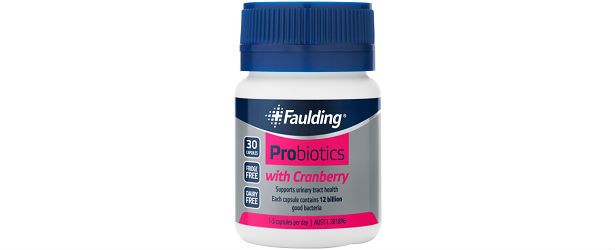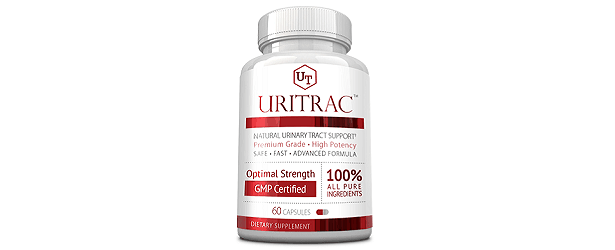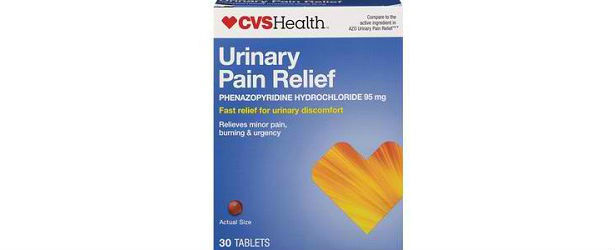
Bladder Infection: Causes and Treatment
Cystitis or bladder infection is an infection that affects part of the urinary tract. When it affects the lower urinary tract it is known as a simple bladder infection and when it affects the upper urinary tract it is known as pyelonephritis, a kidney infection. Symptoms of a lower urinary tract infection include painful urination and either frequent urination, the constant urge to urinate or both. The symptoms of pyelonephritis include fever and flank pain, in addition to the symptoms of a lower UTI.
 The main cause of both types of infections is Escherichia coli, though other bacteria, viruses or fungi may rarely be the cause. Urinary tract infections occur more commonly in women than men, with half of those women will have at least one infection at some point in their lives. Risk factors include female anatomy, sexual intercourse and family history. Pyelonephritis, if it occurs, usually follows a bladder infection but may also result from a blood-borne infection. Diagnosis in young healthy women can be based on symptoms alone. In those with vague symptoms, diagnosis can be difficult because bacteria may be present without there being an infection. In complicated cases or if treatment has failed, a urine culture may be useful. In those with frequent infections, a low dose of antibiotics may be prescribed as a preventative measure.
The main cause of both types of infections is Escherichia coli, though other bacteria, viruses or fungi may rarely be the cause. Urinary tract infections occur more commonly in women than men, with half of those women will have at least one infection at some point in their lives. Risk factors include female anatomy, sexual intercourse and family history. Pyelonephritis, if it occurs, usually follows a bladder infection but may also result from a blood-borne infection. Diagnosis in young healthy women can be based on symptoms alone. In those with vague symptoms, diagnosis can be difficult because bacteria may be present without there being an infection. In complicated cases or if treatment has failed, a urine culture may be useful. In those with frequent infections, a low dose of antibiotics may be prescribed as a preventative measure.
Symptoms
The most common symptoms are burning when urinating and the need to urinate frequently and pain above the pubic bone or in the lower back may be present. People experiencing an upper urinary tract infection, or pyelonephritis, may experience flank pain, fever, nausea and vomiting in addition to the classic symptoms of a lower urinary tract infection. In some cases, the urine may appear bloody or contain visible pus. These symptoms may vary from mild to severe and in healthy women last an average of six days.
Treatment
The main way to treat a UTI is to use antibiotics. For those with recurrent infections, taking a short course of antibiotics when each infection occurs may be the course of treatment that your doctor prescribes. A prolonged course of daily antibiotics is also effective.
In cases where the infection is related to intercourse, taking antibiotics afterwards may be useful. In post-menopausal women, topical vaginal estrogen has been found to help.
Prevention
A number of reasons that are believed to cause UTIs, but have not been confirmed include: urinating immediately after intercourse, the type of underwear worn, personal hygiene methods after urinating or defecating, or whether a person typically bathes or showers. There is similarly a lack of evidence of the effect of holding one’s urine, tampon use, and douching may cause. If you suffer from frequent urinary tract infections and use spermicide or a diaphragm as a method of contraception, it is advised to use alternative methods.
TOP 5
URINARY TRACT INFECTIONTreatments |
|||||
| UTI Clear | Urizol | Native Remedies UTI-Clear | Nutrition Depot Urinary Tract Support | Pure Encapsulations Cranberry NS | |
|---|---|---|---|---|---|
| 1 | 2 | 3 | 4 | 5 | |
| Price (1 bottle) Price (6 bottles) Best Value |
$49.95 $139.80 |
$47.95 $287.70 |
$29.95 $179.70 |
$30.00 $180.00 |
$27.00 $162.00 |
| Overall Rating | 99.30% | 77.0% | 72.50% | 63.20% | 61.50% |
| Effectiveness |





|





|





|





|





|
| Speed of Results | Extremely Fast | Good | Average | Slow | Slow |
| Quality of Ingredients | Premium | Good | Average | Average | Average |
| Customer Satisfaction Evaluation | 99.40% | 76.50% | 74.20% | 67.10% | 60.5% |
| Safety Evaluation | Safe for Use | Safe for Use | Safe for Use | Safe for Use | Safe for Use |
| Customer Service Rating |





|





|





|





|





|
| Reorder Rate | Highest | Good | Good | Average | Average |
| Return Policy | Risk Free | Risk Free | Good | Unopened & Restocking Fee | 30 Days + Fee |
| Success Rate | 99.60% | 78.30% | 74% | 71.10% | 68.50% |

 Subscribe Now
Subscribe Now











